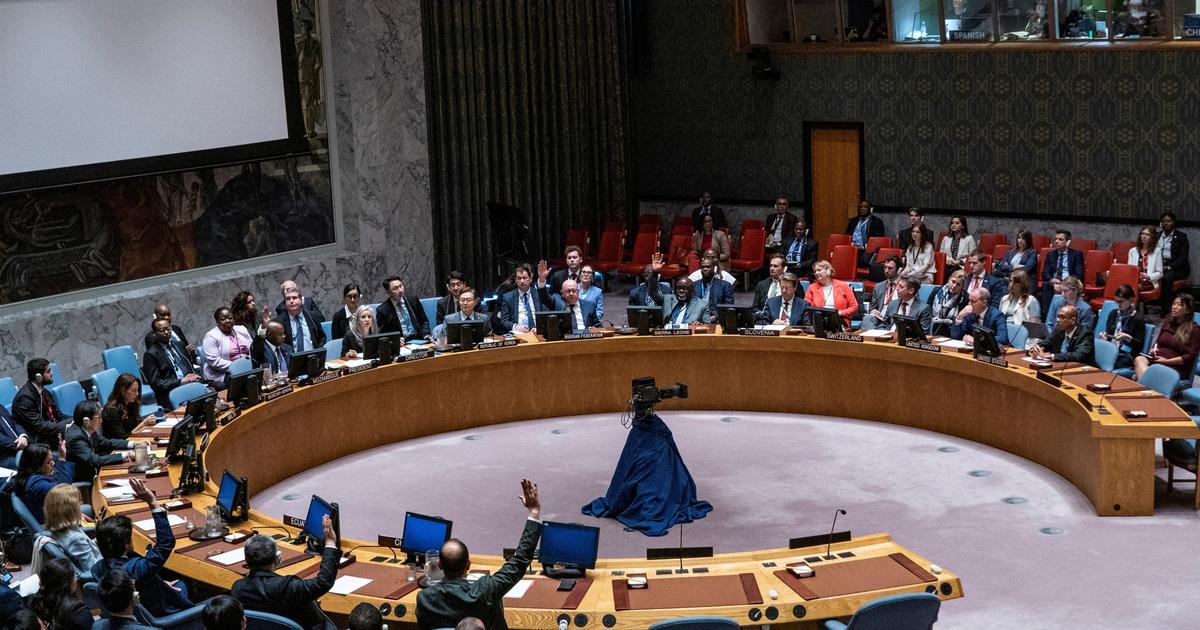Global Outcry Over Gaza Conflict Prompts UN and Public Demonstrations
The ongoing conflict in Gaza has reached a critical juncture as the United States has requested a UN Security Council vote on a draft resolution urging Israel and Hamas to implement an immediate ceasefire agreement. The proposal, which underscores the need for a swift ceasefire, the release of hostages, and the exchange of Palestinian prisoners, has been carefully crafted in phases, each aimed at stabilizing the region.
According to Nate Evans, spokesperson for the American mission to the United Nations, 'Council members should not let this opportunity pass and must speak with one voice in support of this agreement.' This request follows considerable criticism directed at the United States for previously blocking similar resolutions. The draft resolution, notably in its third iteration, has been accepted by Israel and now awaits acceptance from Hamas.
The draft resolution highlights a phased approach, with the first phase focusing on an immediate ceasefire and the facilitation of humanitarian aid. This phase is expected to last up to six weeks but can be extended if negotiations continue. Diplomatic sources reveal that there has been significant resistance from some Council members, including Algeria and Russia, who have expressed reservations.
In parallel to the diplomatic efforts, worldwide demonstrations have erupted, showcasing global condemnation of the Israeli actions in Gaza and support for Palestinian civilians. Major cities across Europe and the United States have witnessed substantial protests. In Washington, DC, thousands gathered in front of the White House demanding U.S. intervention to halt the conflict. Similarly, London saw its 15th national march under the slogan: 'Stop the genocide in Gaza and stop arming Israel,' aiming to pressure the British government for an immediate ceasefire.
Across Europe, cities such as Manchester, Milan, Berlin, Stockholm, Copenhagen, and Geneva have also seen mass demonstrations. Protesters carried Palestinian flags, denounced Israeli practices, and demanded international justice and the prosecution of Israeli leaders for what they describe as genocide. These demonstrations reflect a global call for firm international intervention to end the war and address the humanitarian crisis in Gaza.
- The United States has faced a delicate balancing act in the UN Security Council, negotiating the draft resolution amidst significant geopolitical tensions. Previous efforts have been stymied by vetoes and dissension among member states, reflecting the complex nature of international diplomacy surrounding the Gaza conflict.
- European cities, in particular, have played a pivotal role in amplifying the global outcry. Demonstrations in cities like Milan and Berlin have drawn attention not only to the immediate humanitarian crisis but also to broader issues of military support and international accountability. Activists argue that sustained public pressure is essential to catalyze meaningful political change.
- In cities like Copenhagen and Geneva, the demonstrations have taken on a poignant tone, with symbols like infants wrapped in shrouds highlighting the devastating human cost of the conflict. These public displays underscore the deep emotional and moral resonance the Gaza conflict has for people around the world.






